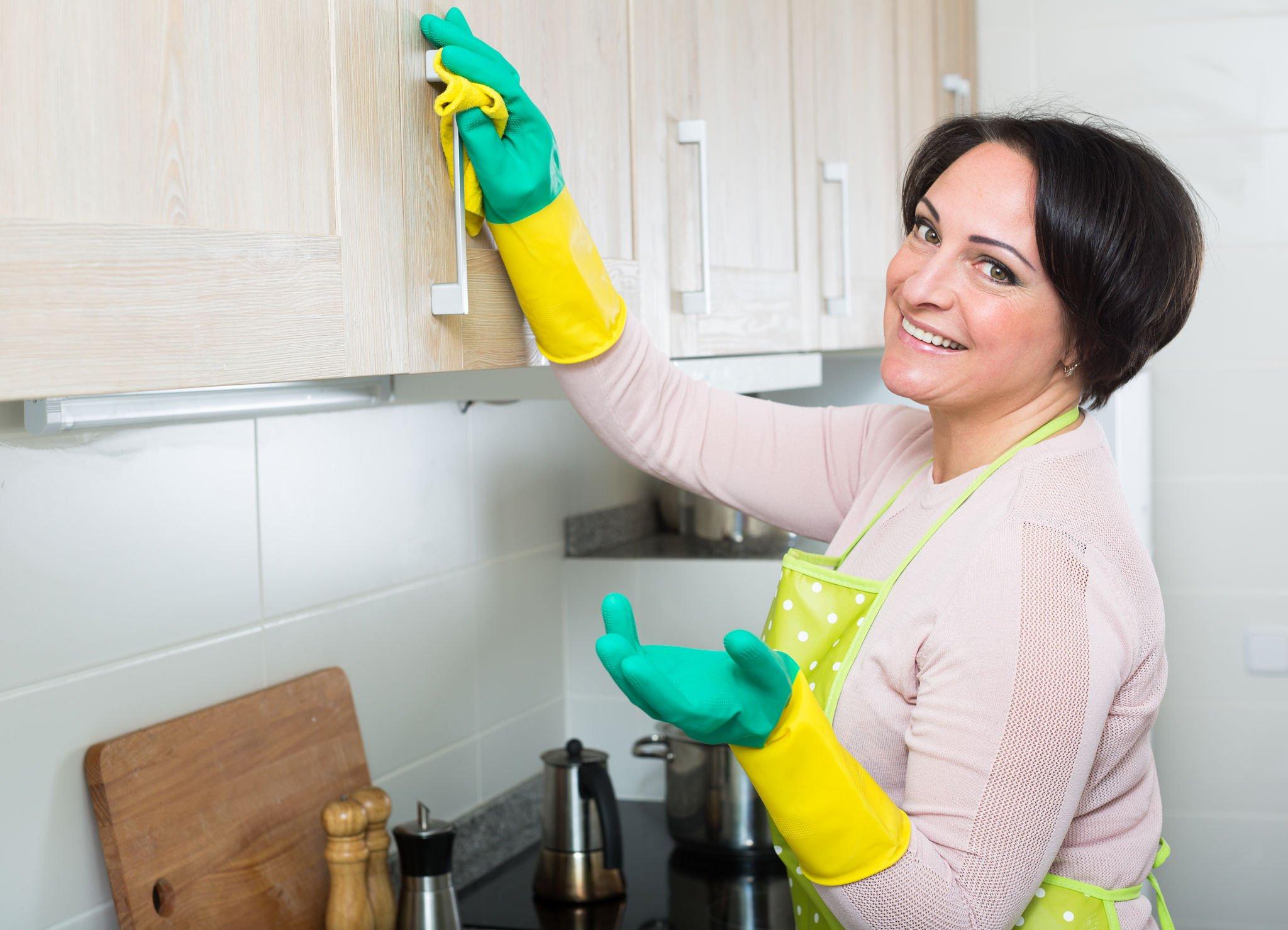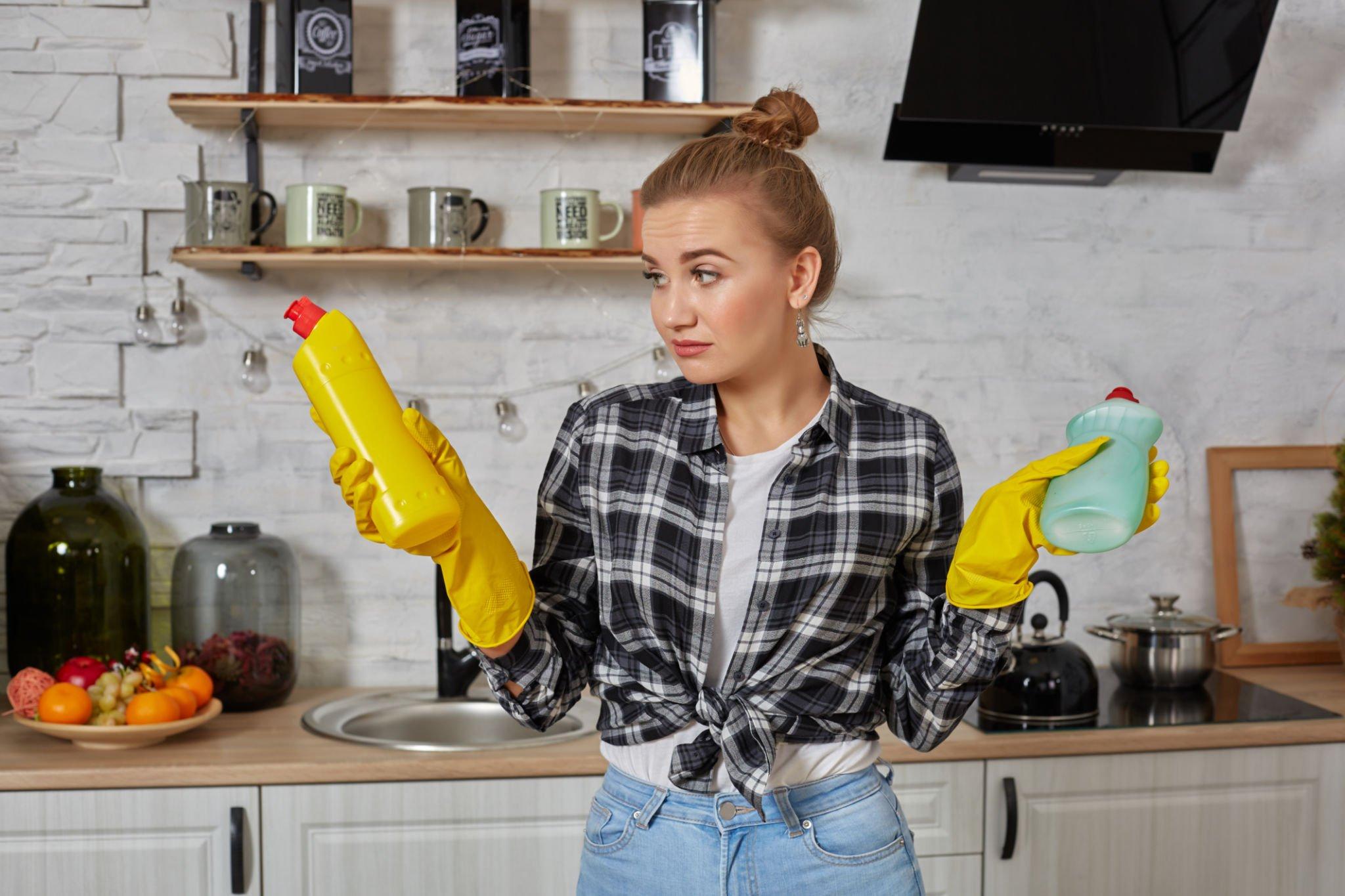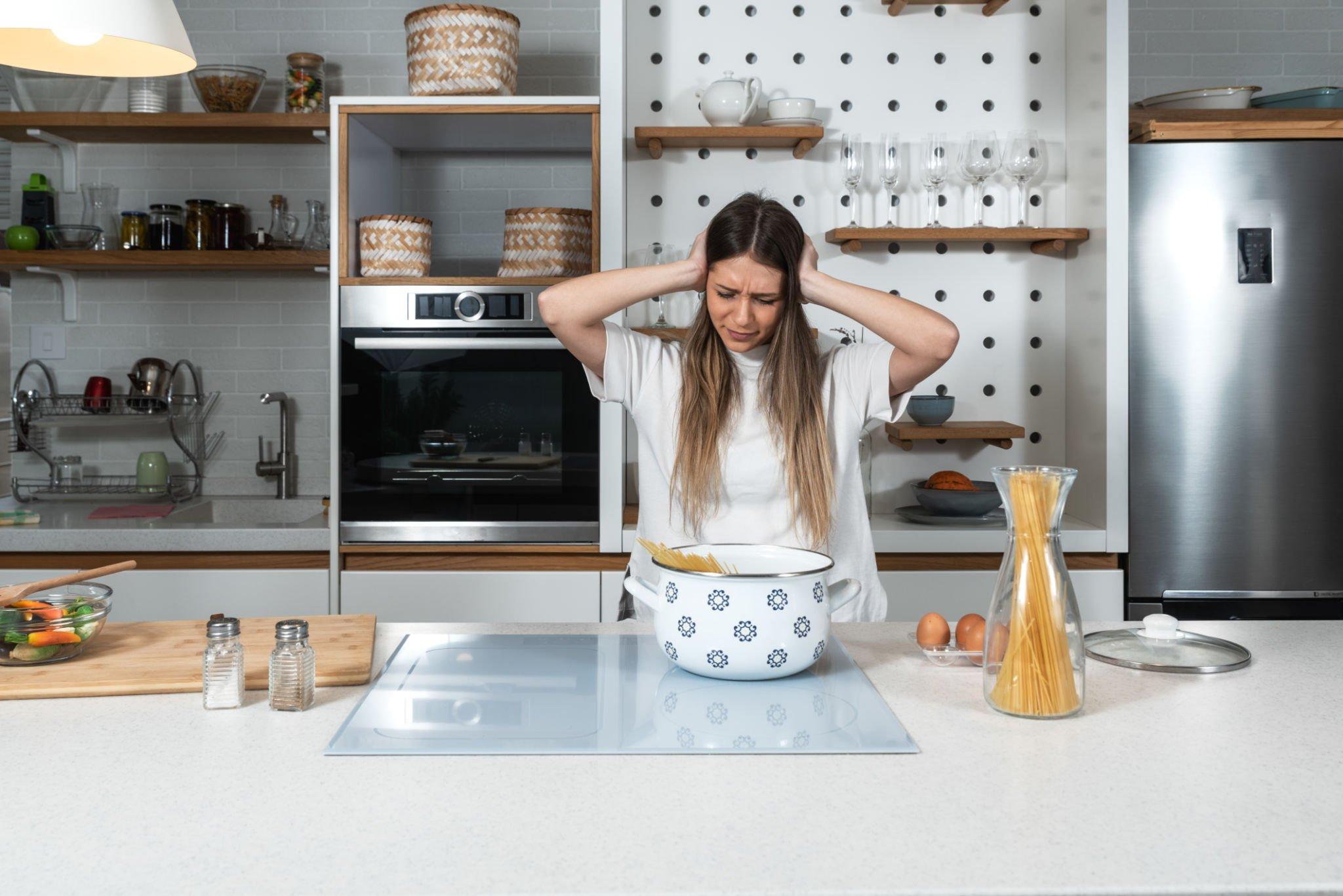Maintaining a kitchen is essential for keeping it functional and safe for daily use. A well-maintained kitchen not only looks aesthetically pleasing but also ensures that your food preparation area is hygienic and free from any potential health hazards.
Proper kitchen maintenance requires regular attention and care, but it doesn’t have to be a daunting task.

In this article, the professionals at Castle Keepers Charleston help us with a comprehensive guide on what you need to consider to maintain your kitchen properly.
Whether you are a seasoned cook or a beginner, these tips will help you to keep your kitchen looking and functioning at its best.
Clean Up Spills Immediately
Spills happen, but it’s a necessity to clean them up immediately to prevent staining and bacteria growth. Use a damp cloth or paper towel to wipe up any spills as soon as they happen.
Empty the Trash Regularly
Make sure to empty the kitchen trash regularly to prevent odors and bacteria growth. If you notice any leaks or spills in the trash can clean it out with a disinfectant cleaner before replacing the trash bag. Use a garbage can with a tight-fitting lid to prevent animals from getting into it.
Wipe Down Countertops Daily
Wipe down countertops daily with a disinfectant cleaner or a mixture of vinegar and water. This will help keep them clean and prevent the growth of bacteria.
Clean Appliances Regularly
Regularly spruce up your kitchen appliances to keep them running smoothly and prevent the build-up of dirt and grime. Clean the inside and outside of your refrigerator, oven, and stove, and wipe down your dishwasher with a damp cloth.

Small appliances such as the toaster, blender, and coffee maker can accumulate crumbs and spills, which can attract pests. Wipe down small appliances after each use and deep clean them at least once a month.
Organize Your Cabinets and Pantry
Organize your cabinets and pantry to prevent clutter and make it easier to find what you need. Store food in airtight containers to prevent pests and to keep food fresher for longer.
Sweep and Mop Floors Regularly
Sweep or vacuum your kitchen floors daily to remove crumbs and debris. Mop your floors once a week with a cleaning solution to remove dirt and bacteria.
Read also: How Will You Relocate Your Aging Parents Closer to You?
Clean the Sink and Faucet
The kitchen sink is a breeding ground for bacteria, so it’s critical to clean it regularly. Use a disinfectant cleaner to clean the sink and faucet, and make sure to wipe down the handles as well.
Wash Dishes and Utensils After a Meal
Wash dishes and utensils immediately after use to prevent food from accumulating on them and becoming more difficult to clean.
Use hot, soapy water and a scrub brush to thoroughly clean each item, and dry them with a damp dish towel or let them air dry.
Check for Expired Food
Check your pantry and refrigerator for expired or spoiled food. Dispose of any food that has expired, is moldy, or has a foul odor.
Don’t Forget About the Fridge

The refrigerator is one of the most critical appliances in the kitchen, and it’s key to keep it clean and organized.
Check the expiration dates of items regularly and dispose of anything that is past its prime. Clean the inside of the fridge at least once a month and wipe down the exterior regularly.
Deep Clean Floors
The kitchen floor can accumulate a lot of dirt and grime, especially if you have pets or children. Sweep or vacuum the floor daily and mop it at least once a week.
Use a cleaning solution that is safe for your flooring material. Maintaining a clean and organized kitchen is essential for both hygiene and safety.
By following these tips, you can keep your kitchen clean and tidy, making it a more enjoyable place to cook and entertain.


